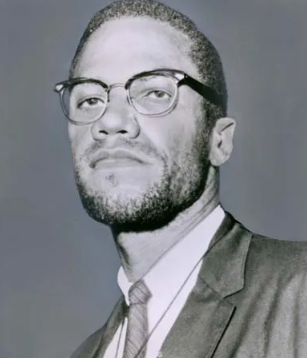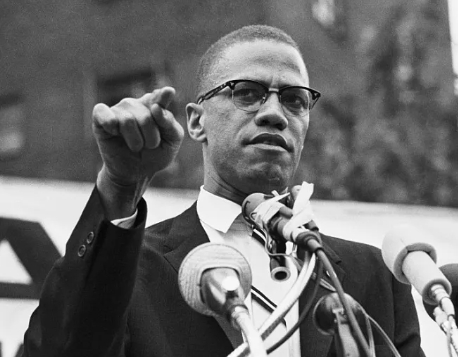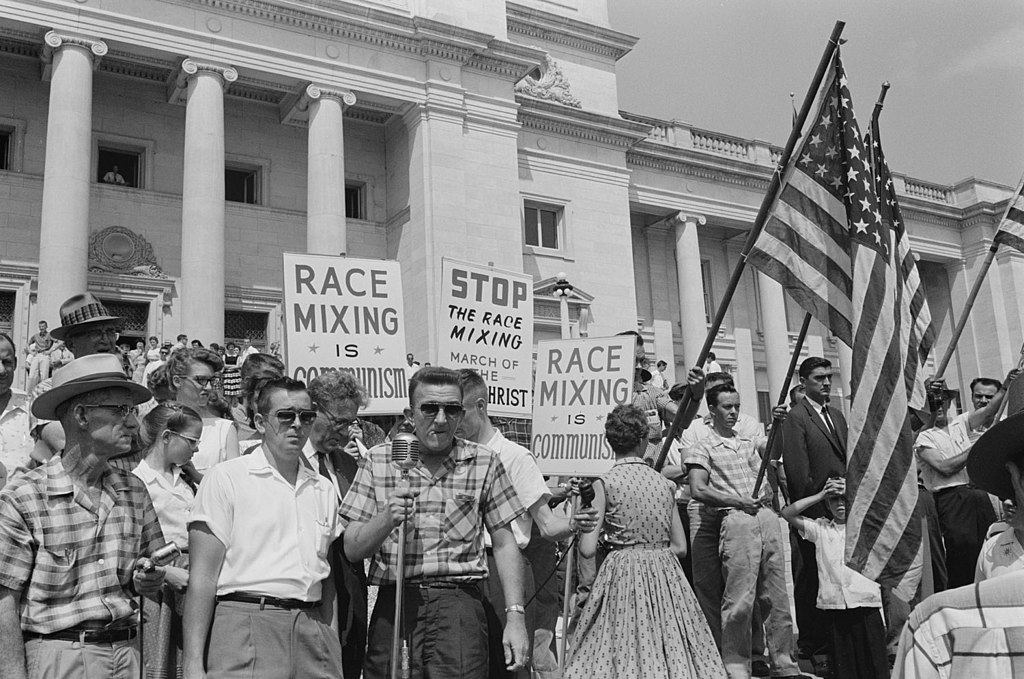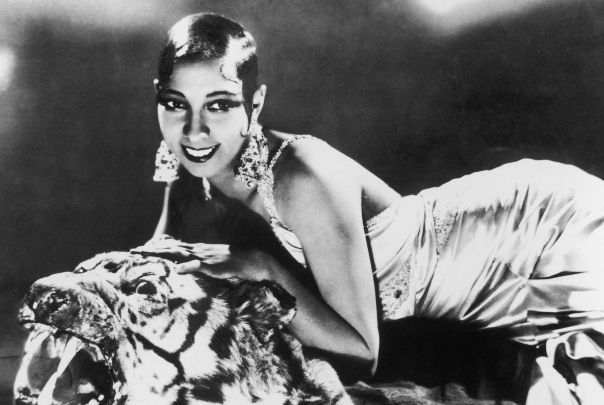
February is Black History Month and to celebrate the Pomegranate will profile Black History figures throughout the month. To start the month, we celebrate Malcolm X, who fought tirelessly for the civil rights movement. Let’s look back at his life and legacy.
Born Malcolm Stuart Little on May 19, 1925, in Omaha, Nebraska, Malcolm was the fourth of eight children. His parents, Louise and Earl Little, moved the family around a lot to escape the persecution of the Ku Klux Klan. When he was six, Malcolm’s father was murdered by what his family and the community believed to be a group of white supremacists, but the death was ruled accidental. A few years later, Malcolm’s mother suffered a mental breakdown and was institutionalized; Malcolm and his siblings would pass through several foster homes. This childhood of racial persecution and an unable home life inspired Malcolm to join the civil rights movement.
After several years in the foster care system, Malcolm moved to Boston and turned to crime. Eventually, he was sentenced to ten years for theft. While in prison, he received a letter from his brother who had joined a political and religious group called the Nation of Islam. Malcolm took an interest in the organization and converted to Islam. After being released after six years, Malcolm joined the Nation of Islam and changed his name to Malcolm X to reflect his new identity.
The Nation of Islam held very different beliefs from traditional Islam. The NOI, led by Elijah Muhammad, believed that black people were superior to white people and that Islam was the true religion of black people. This upset a lot of people as the NOI’s message went against equality and therefore went against the civil rights movement as well.
Malcolm became a minister and the national spokesman for NOI, the second highest position in the organization after Elijah Muhammad. He was in charge of one of NOI’s mosques in Boston as well as helped found mosques in Harlem, Detroit, and Philadelphia. His participation in the NOI and the civil rights movement made him a target of the FBI. From the time he left prison up to his death, the FBI would conduct surveillance on him. FBI director J. Edgar Hoover once told the FBI office in New York to “do something about Malcolm X.”
 Malcolm worked tirelessly to help the black community, but his views were far more extreme than other civil rights leaders. Unlike his peers, Malcolm didn’t support integration or assimilation and instead supported an extreme version of Black Nationalism. He believed African Americans needed to create their own businesses and communities away from white people so that they could resist racial discrimination and oppression.
Malcolm worked tirelessly to help the black community, but his views were far more extreme than other civil rights leaders. Unlike his peers, Malcolm didn’t support integration or assimilation and instead supported an extreme version of Black Nationalism. He believed African Americans needed to create their own businesses and communities away from white people so that they could resist racial discrimination and oppression.
He was openly critical of peaceful civil rights leaders such as Martin Luther King Jr.; Malcolm believed that the goal of racial integration wasn’t right for African Americans and was an unrealistic goal. He didn’t support non-violent protests and instead felt that black Americans had to defend themselves by any means necessary.
Even with the strong difference between him and other civil rights leaders, Malcolm worked tirelessly for the black community and spoke at many rallies and protests. He was a pillar of the civil rights movement and fought for the Civil Rights Act of 1964.
In the early 1960s, Malcolm had a falling out with the leaders of the Nation of Islam; he had learned about the multiple affairs that NOI leader Elijah Muhammad had with female members of the NOI. The organization also silenced him for criticizing John F. Kennedy after the president’s assassination. Disputes like these led to Malcolm leaving the organization, but he remained a devout Muslim.
In 1963, he went on a pilgrimage to Mecca where he changed his mind on his policies of violence and separation of black and white people. After meeting people from various races, ethnicities, and religions, Malcolm devoted himself to finding peaceful ways to fight for equality. He began to work with other leaders such as MLK Jr. to end the discrimination against all people, regardless of race or background.
After his disputes with Elijah Muhammad, Malcolm was now an enemy of the Nation of Islam. The organization would launch several attacks against him, this included sending death threats to him, his wife, and his four daughters. On February 14, 1964, the NOI firebombed and destroyed Malcolm’s home. A few days later, as Malcolm began a speech at the Organization of Afro-American Unity in New York City, he was shot and killed by three NOI members. Malcolm X was assassinated on February 21, 1965, at the age of 39.
Since 1965, the FBI and police have been heavily criticized for their deliberate mishandling of Malcolm X’s assassination. The FBI had men following Malcolm X who were present for his murder, but the FBI did not inform the courts of this and did not have these agents testify. Two men were falsely accused and convicted of Malcolm’s killing, but they were exonerated in 2023. While there is one man in prison for the murder, Mujahid Abdul Halim, there is still a mystery as to who else was involved in the assassination.
Malcolm X was an important civil rights movement leader who promoted black pride. Although his methods and beliefs changed over time, he wanted African Americans to feel proud of their history and identities rather than feel forced to fit in with America’s white-centric society. His work has inspired many other activists and organizations, and his ideas inspired black pride movements such as the Black Panther Party. To end on Malcolm’s own words, “You can’t separate peace from freedom because no one can be at peace unless he has his freedom.”





























